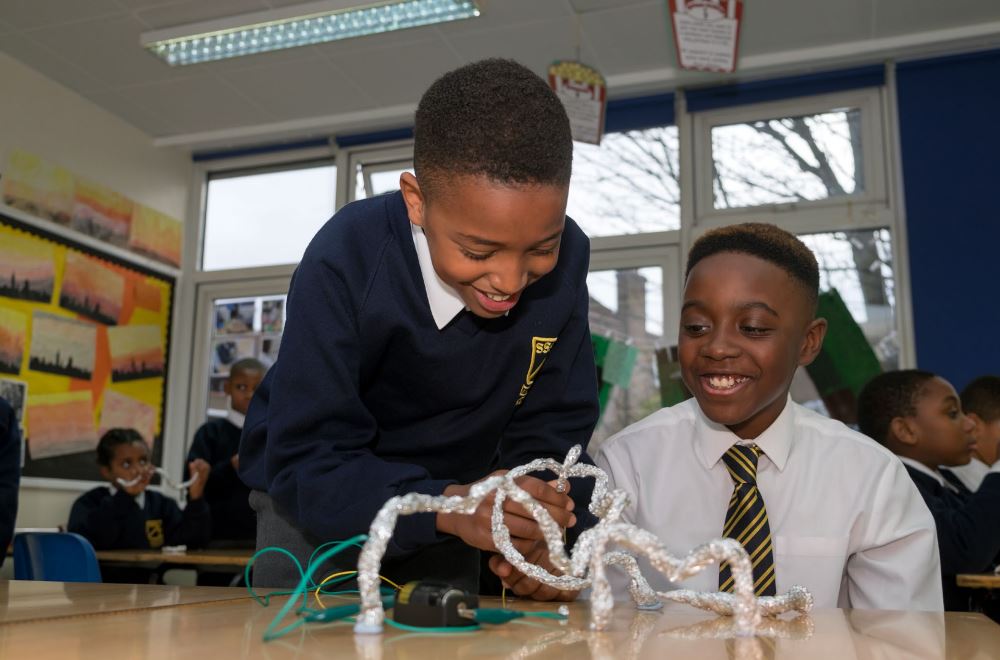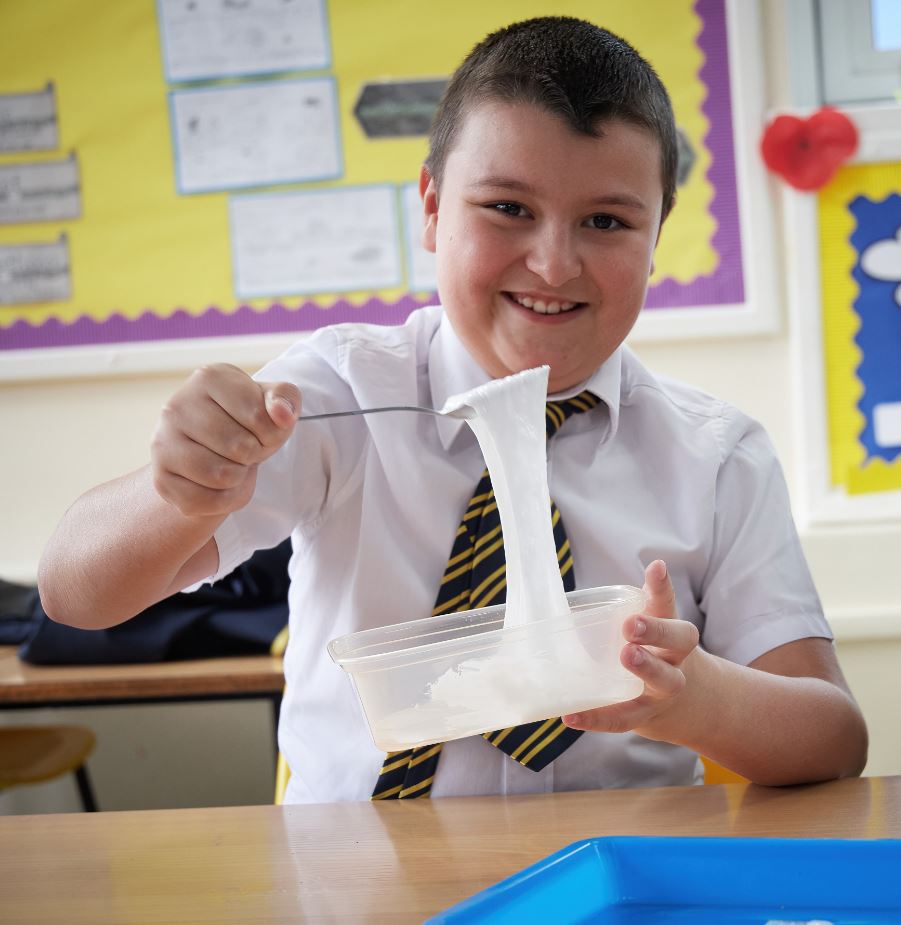SCIENCE
Science Intent, Implementation and Impact
INTENT
 Science at St Stephen’s is shaped by our school vision that aims to nurture, inspire, empower and expect every child to achieve their very best. The intent of our science curriculum is to provide children with the foundations they need to recognise the importance of science and how it works in every aspect of their daily life.
Science at St Stephen’s is shaped by our school vision that aims to nurture, inspire, empower and expect every child to achieve their very best. The intent of our science curriculum is to provide children with the foundations they need to recognise the importance of science and how it works in every aspect of their daily life.
We intend to inspire our pupils with a curiosity and fascination about the world around them. The science curriculum provides children with the understanding of how science can be used to explain what is occurring, predict how things will behave, and analyse causes. Our curriculum also encourages children to become enquiry based learners, collaborating through researching, investigating and evaluating experiences.
Our children are immersed in key scientific vocabulary, which supports in the acquisition of scientific knowledge and understanding. The following types of scientific enquiries are woven throughout our curriculum: Problem Solving, Pattern Seeking, Comparative/Fair Testing, Observation Over Time and Identifying, Grouping and Classifying to ensure that children are gaining a full breadth of opportunities needed to empower them to become successful scientist
Implementation
Our curriculum is built upon each year from Nursery to Year 6 to ensure that knowledge, skills and understanding are taught in small steps according to The Hamilton Trust. The scheme is designed around the statutory requirements for Primary Science National Curriculum. We use a spiralling curriculum which continually revisits knowledge deepening the complexity of the content each time.
At Stephen’s, lessons are taught progressively through a wide range of purposeful, planned and structured learning opportunities. Each class has a display showing the current topic and key vocabulary. Children are encouraged to ask questions and be curious about their surroundings. We are committed to providing exciting, hands on and practical experiences for all children. In turn, this helps to promote independent learning, curiosity and a love for enquiry and knowledge. Teaching of scientific vocabulary, knowledge and understanding is provided in a range of formats such as modelling, dual coding and scaffolding to ensure that children of all abilities can participate fully with our curriculum. Teachers provide rich and engaging science lessons which provide challenge for all learners. They find opportunities to challenge children’s understanding of science through adapted planning suited to their abilities.
Additional enrichment is provided through theme days/weeks, workshops, and school trips enabling pupils to consolidate their learning, immerse themselves in science and develop a love for science that is nurtured through the science curriculum.
Impact
 The science curriculum provides children with the foundations for understanding how important and relevant science is to their lives, now and in the future. We want to empower our children so they understand they have the capability to change the world. Clear progression is evidenced in a range of ways, including pupil voice, books and assessments and displays. On their transition to Key Stage Three, our children will have the resilience and confidence to independently initiate scientific enquiry and investigations. They will feel inspired to pursue science and STEM subjects as a potential career path, regardless of their gender, ethnicity or socio-economic background.
The science curriculum provides children with the foundations for understanding how important and relevant science is to their lives, now and in the future. We want to empower our children so they understand they have the capability to change the world. Clear progression is evidenced in a range of ways, including pupil voice, books and assessments and displays. On their transition to Key Stage Three, our children will have the resilience and confidence to independently initiate scientific enquiry and investigations. They will feel inspired to pursue science and STEM subjects as a potential career path, regardless of their gender, ethnicity or socio-economic background.




